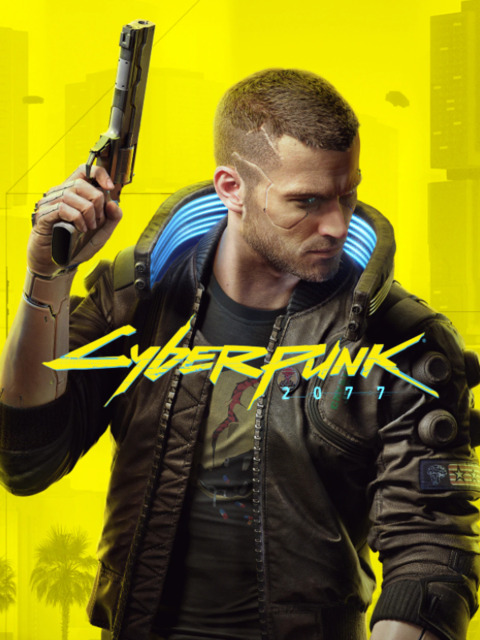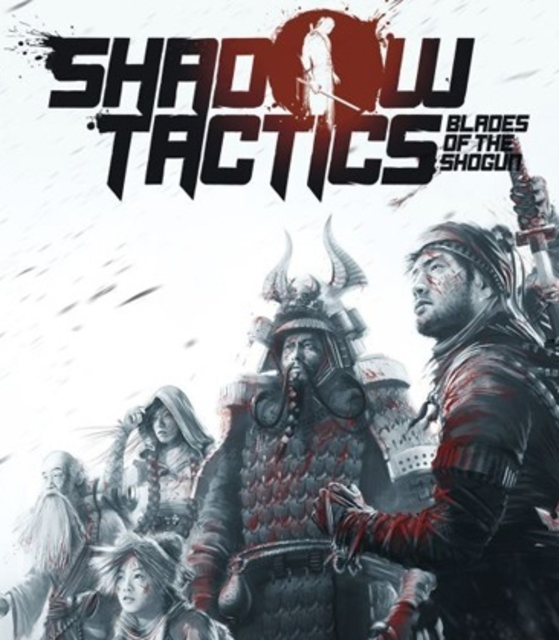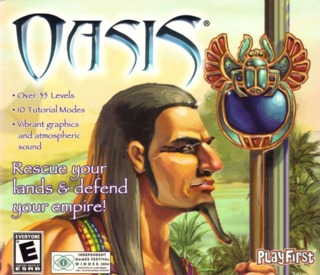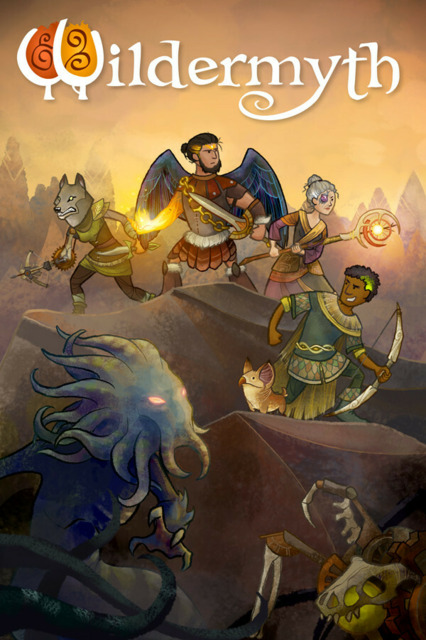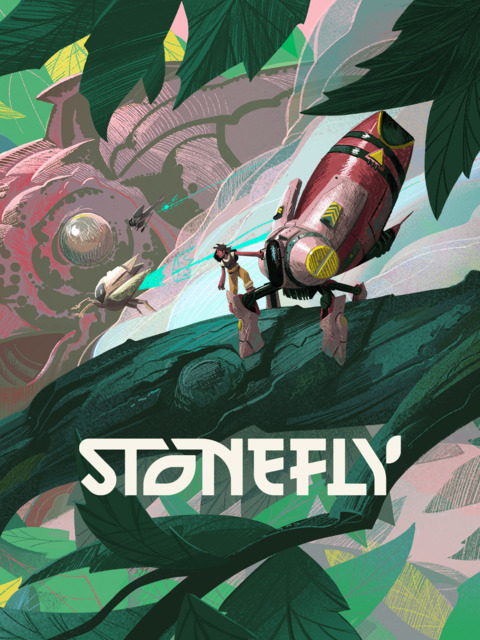My Favorite Games that I Played in 2021
As I mentioned at the top of my list in 2020, my end-of-year lists will now contain games released in any year. In years past, I stressed myself out trying to play everything I had interest in that was released in a given year, and often published my end-of-year list well into the year following. Although it's a never-ending battle, I'm slowly coming to terms with the fact that I am unable to play everything I'm interested in and still maintain a sense of balance in my life.
Even so, I did want to note some of the 2021 releases that I wish I would've been able to get to prior to putting this together: Eastward, Inscryption, Guardians of the Galaxy, Shadow Tactics: Blades of the Shogun - Aiko's Choice, Bright Lights of Svetlov, Dap, Hindsight 20/20 - Wrath of the Raakshasa, Age of Empires IV, Chicory: A Colorful Tale, Far Cry 6, NUTS, and GTFO.
Without further ado, let's get to the games!

